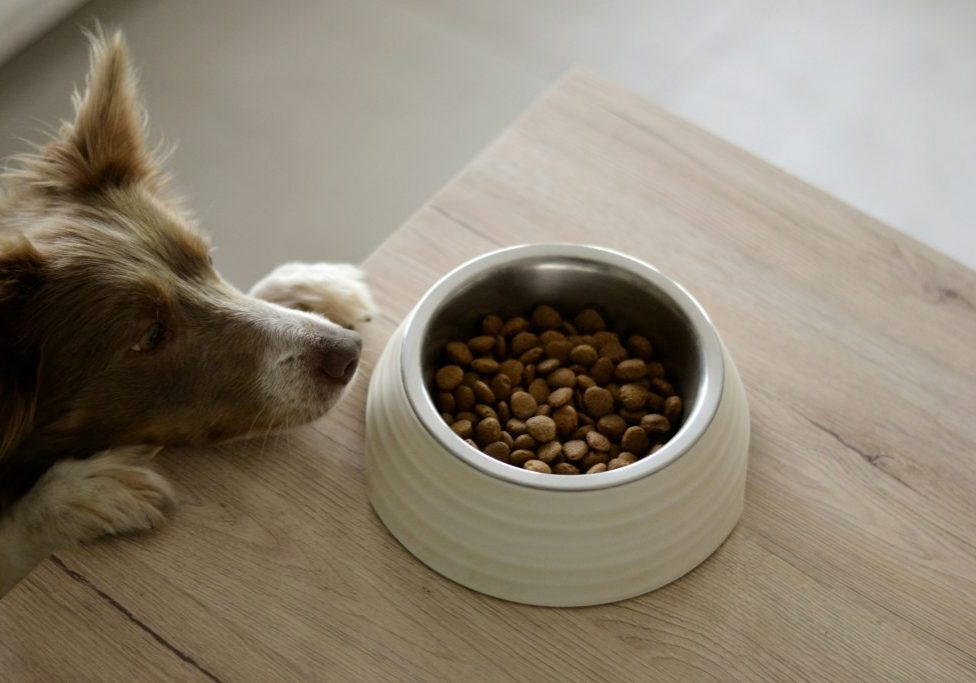Giving Your Puppy Flea & Worming Treatment

hwllo-sniffer.co.uk/giving-your-puppy-flea-worming-treatment
December 4, 2024
Sniffer_Admin
Keeping your puppy happy and healthy isn’t just about cuddles and playtime—it also involves protecting them from common pests like fleas and worms. These parasites might be tiny, but the problems they cause can be big, ranging from discomfort to serious health risks.
Flea and worming treatments are essential for your puppy’s well-being, and getting into a regular routine early can make all the difference. Here’s what you need to know to keep these pesky invaders at bay.
Why Flea & Worming Treatments Are Essential
Fleas and worms aren’t just an irritation; they can have a significant impact on your puppy’s health.
- Fleas: These external parasites bite to feed on your puppy’s blood, causing itching, skin irritation, and even anaemia in severe cases. Fleas also spread tapeworms, making treatment doubly important.
- Worms: Roundworms, tapeworms, and hookworms are some of the most common internal parasites in dogs. Left untreated, worms can lead to weight loss, poor coat condition, and even more severe complications like intestinal blockages.
By treating your puppy for fleas and worms regularly, you’re not only protecting their health but also preventing infestations in your home and other pets.
When to Start Treatment
Your puppy’s flea and worming treatment should begin early. Puppies can be born with worms, passed on from their mother during pregnancy or nursing, so they’ll usually receive their first worming treatment at just a couple of weeks old. Flea treatments generally start from around 8 weeks, but it’s always best to check the product guidelines or consult your vet.
From there, both flea and worming treatments should be continued regularly, based on your vet’s recommendations and the product you use.
Pro Tip: Keep a treatment calendar or set reminders on your phone to ensure you never miss a dose!
Choosing the Right Treatments
Not all flea and worming treatments are created equal, and selecting the right product depends on your puppy’s age, weight, and lifestyle. Here are some options to consider:
- Flea Treatments: Available as spot-on treatments, oral tablets, sprays, or collars. Spot-on treatments are especially popular for puppies, as they’re easy to apply and highly effective.
- Worming Treatments: Typically given as oral tablets or liquid suspensions, worming treatments are designed to tackle different types of worms, so it’s crucial to choose one that offers broad-spectrum protection.
Always ensure any product you use is specifically formulated for puppies and never exceed the recommended dose.
How to Apply Flea & Worming Treatments
Administering these treatments may seem daunting, but with a little preparation, it can be stress-free for both you and your pup.
- Spot-On Flea Treatments: Part the fur between your puppy’s shoulder blades and apply the liquid directly onto their skin. This location stops your puppy from licking it off.
- Oral Worming Tablets: If your puppy resists swallowing tablets, try hiding them in a treat, like a piece of cheese or a specially designed pill pocket.
- Liquid Worming Suspension: Use the provided syringe or dropper to gently squirt the liquid into the side of your puppy’s mouth.
If you’re unsure about applying these treatments, your vet or veterinary nurse can show you how.
Watching for Side Effects
Most flea and worming treatments are safe when used correctly, but it’s always wise to monitor your puppy for any unusual reactions. Mild side effects, like slight lethargy or a loss of appetite, aren’t uncommon. However, if your puppy seems excessively unwell or shows symptoms like vomiting, diarrhoea, or skin irritation, contact your vet immediately.
Keeping Your Home Flea-Free
Treating your puppy is only part of the battle—your home can become a breeding ground for fleas if you’re not careful. Wash your puppy’s bedding regularly and vacuum carpets and furniture to remove any flea eggs or larvae. If you’re dealing with a heavy infestation, a household flea spray can help tackle the problem.
The Importance of Regular Vet Check-Ups
Regular check-ups with your vet will ensure your puppy’s flea and worming treatments are on track. These visits also provide an opportunity to adjust doses as your puppy grows and to discuss other aspects of their health care.
A healthy, pest-free puppy is a happy puppy. By staying on top of flea and worming treatments, you’re not just protecting your furry friend—you’re giving them the best chance at a long, comfortable life. After all, your puppy deserves nothing less!









